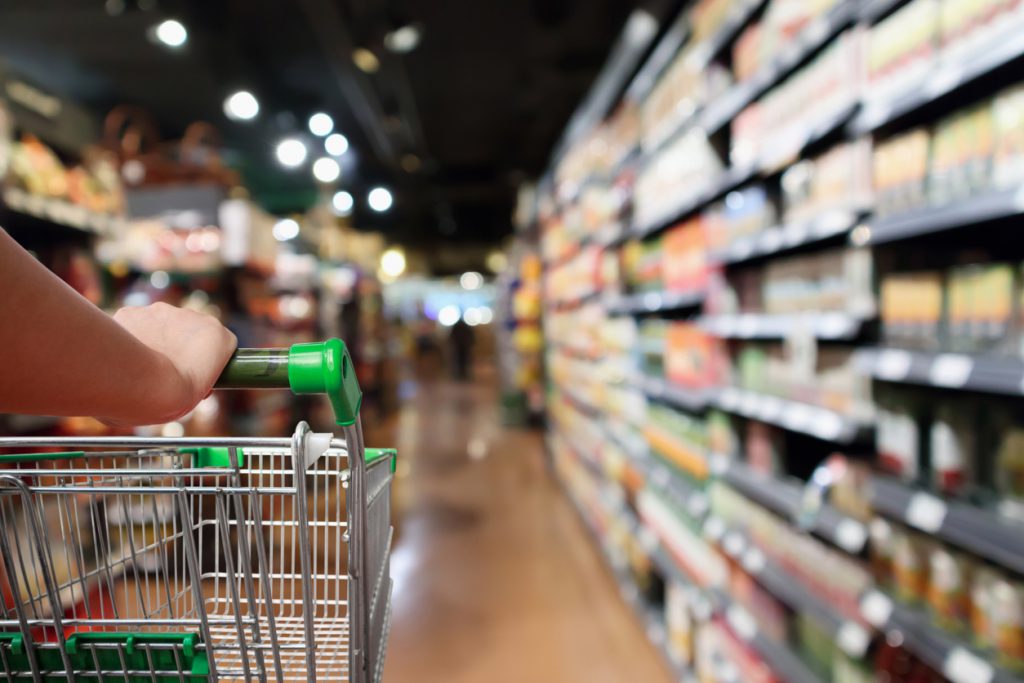€7.69 rise in basic shopping basket in just six months

The price hike in essential supermarket items is persisting, as the cost of a basic shopping basket for a household of four has soared by an average of €7.69 in the first six months of this year. The increase was registered in an ongoing study being compiled by UHM Voice of the Workers which is monitoring the prices across three major supermarket chains.
It transpires that a list of basic items whose cost in January was between €133.05 and €138.64 (depending on the supermarket) has increased to a range from €138.95 to €148.37. This translates to a rise between €5.90 to €9.73 which on average is 5% higher.
The list of items which is very conservative, is based on the typical lifestyle of a family of four with two children and contains dairy products, pasta, bread, toiletries, canned food, fruit and vegetables cereals, chicken and beef, detergents and frozen food. Items such as sweets, soft drinks and alcohol are not included. The list is estimated to cover between one or two weeks depending on the levels of consumption. In general, we opted for modest quantities. Consequently, the increase in monthly expenses since the turn of the year could go up to around €30 if these items are acquired on a weekly basis. Furthermore, households are incurring higher costs due to other increases in products like clothes, footwear, stationery, pet food and maintenance.
The latest upward revision in prices happened a few days ago when Malta Dairy Products, which owns the Benna brand announced yet another increase in prices citing higher costs from abroad such as animal fodder, despite the increase in government subsidies to local farmers. This was the third increase in Benna products since July 2019 when the price of milk had rise by 11c per carton.
Inflation reaches new highs in May
Meanwhile, the soaring inflation could mean that this year the cost-of-living adjustment (COLA) which is a weekly pay rise to compensate for the previous year could reach €8. According to the National Statistics Office the annual inflation as measured by the Retail Price Index in May was 6.02% with the 12-month moving average rising to 3.26% which is very high compared to previous years. The sharpest increase was registered in food followed by housing (which comprises rent rates and maintenance). Government’s decision to keep fuel prices stable prevented the cost of living from rising even further.
In the 2022 Budget, the government had announced a new mechanism to compensate vulnerable households in such exceptional circumstances. Though a consultation process was launched in February and UHM submitted its proposals, no decision has been announced yet.
